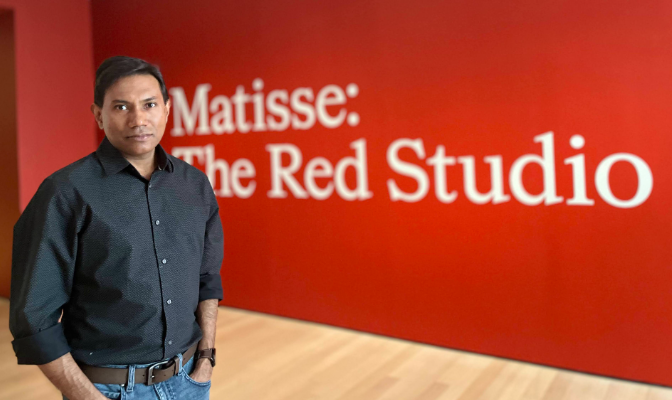
Discover how Messages From A Future You (MFAFY) uses AI to enhance STEM education by modeling student performance and delivering personalized interventions. Join Mohammad Rashedul Hasan on Oct. 17th to explore this groundbreaking research!
Thursday, October 17th 2-3 pm CT
Kiewitt Hall A251 or via Zoom
Title: The Future is Now: Transforming STEM Education by Leveraging Generative AI to Model Longitudinal Experiential Data
Summary:
In this talk, I will introduce Messages From A Future You (MFAFY), an AI-driven system aimed at enhancing undergraduate STEM performance through personalized, just-in-time psychological interventions. Our research models student performance as a dynamic system where cognitive and non-cognitive factors co-evolve over time. By forecasting both long-term cognitive outcomes and short-term shifts in non-cognitive traits such as self-efficacy and social belonging, MFAFY enables tailored interventions that drive meaningful impact.
At the heart of MFAFY is a novel use of generative AI, leveraging pre-trained large language models (LLMs) to forecast academic trajectories based on students' longitudinal experiential (LE) data. This multidimensional dataset, curated through a multi-semester study at the University of Nebraska-Lincoln, captures the evolving cognitive and non-cognitive attributes of students. The key scientific challenge lies in adapting LLMs to handle the distinct complexities of LE data, including missing values, data imbalance, and long context dependencies. To address these, we developed advanced data processing techniques and novel methods for adapting LLMs, enabling the models to capture intricate temporal patterns and co-evolving traits. While initial results show promise, ongoing research aims to improve model robustness and predictive accuracy by incorporating multimodal learning. This innovative work represents a transformative step in applying generative AI to deliver personalized, data-driven support for student success in STEM education, moving us closer to the realization of personal AI for learning.
Read more about this work in this UNL Today article
To learn more about Hasan and his research in The Human-First Artificial Intelligence Lab (HAL 2.0) CLICK HERE